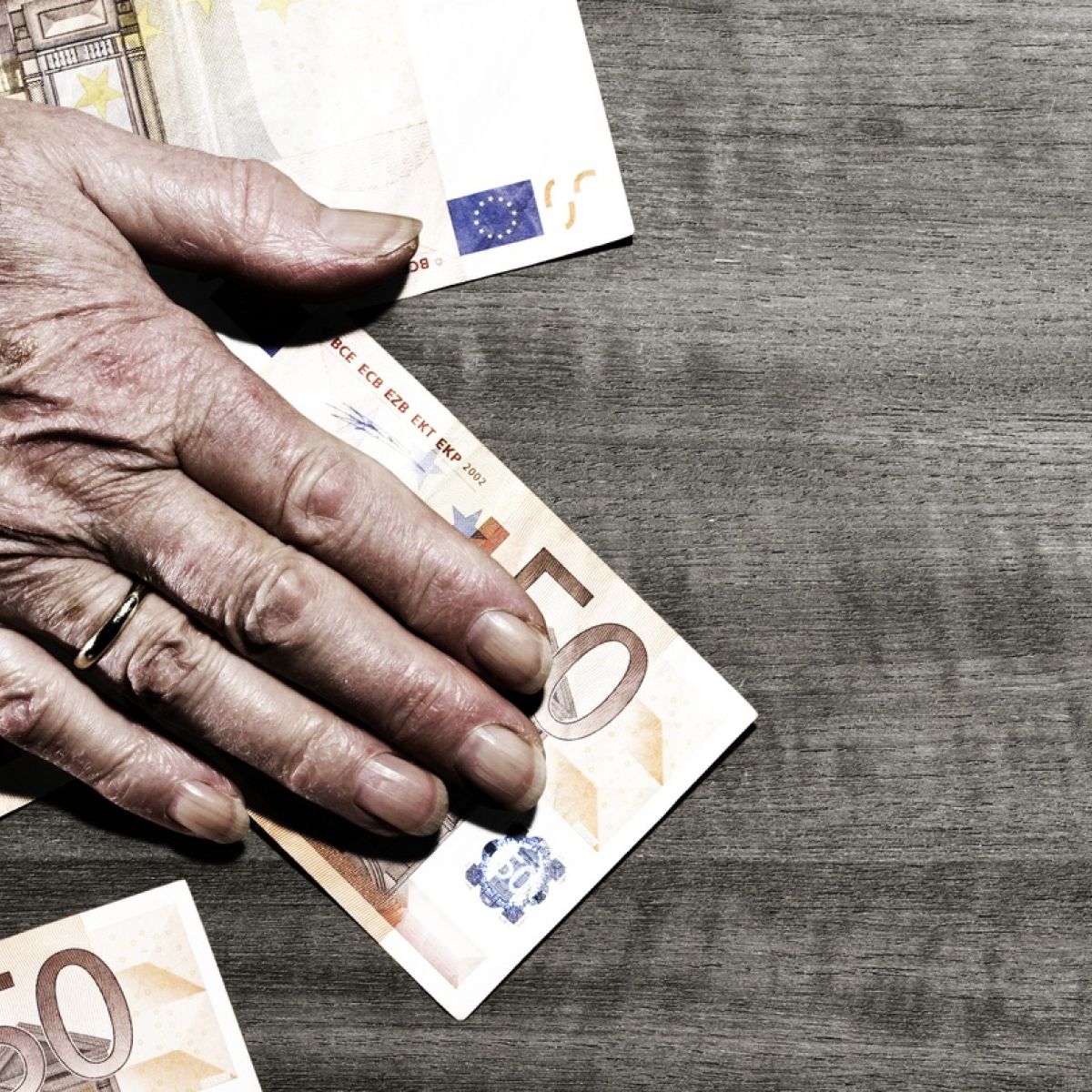We are going to start at the start, what exactly is a pension and what is it for! It is important to have an idea of this, as it will explain in part why they are important and why you shouldn’t ignore the issue.
In the simplest terms, when you retire you stop working, which means you stop earning money. The State Pension is currently €12,911 (if you have been working consistently throughout your adult life). For many that would be quite a drop in income, even with your mortgage paid off.
It is in everyone’s best interest that you have money to live on in retirement; including the government, so they incentivise you to save into your pension and become self-sufficient in retirement. They do this by allowing you to save into a pension tax free. That means you are getting an extra 40% back (if you earn 35k or less it would be 20%) because you don’t pay income tax on money that goes into your pension. BUT, there is a catch…. By giving you the tax break, the state also then have a say in what you can do with it. In essence they have to ensure that they don’t give you all this tax-free money and the day after you retire, you withdraw it all and spend it on a Ferrari, and then have no money to live on. This would defeat the whole purpose. We will explain more later in the week on what the restrictions are around taking your money back out.
But for now, that is our Pension explanation in a nutshell. You will need money to live on when you retire and stop earning money, so the government allow you to put money into a pension without paying income tax on it. That means every €100 that goes into your pension, €60 is from you & €40 is income tax that you don’t have to pay.
But there are rules around taking it out, to make sure you use it bit by bit to support yourself post retirement, and don’t just blow it all. Tomorrow we will get into the challenge of how to save ‘enough’ money, and why it is better to start sooner than later.
If you stopped working tomorrow, could you live on €12,911?

